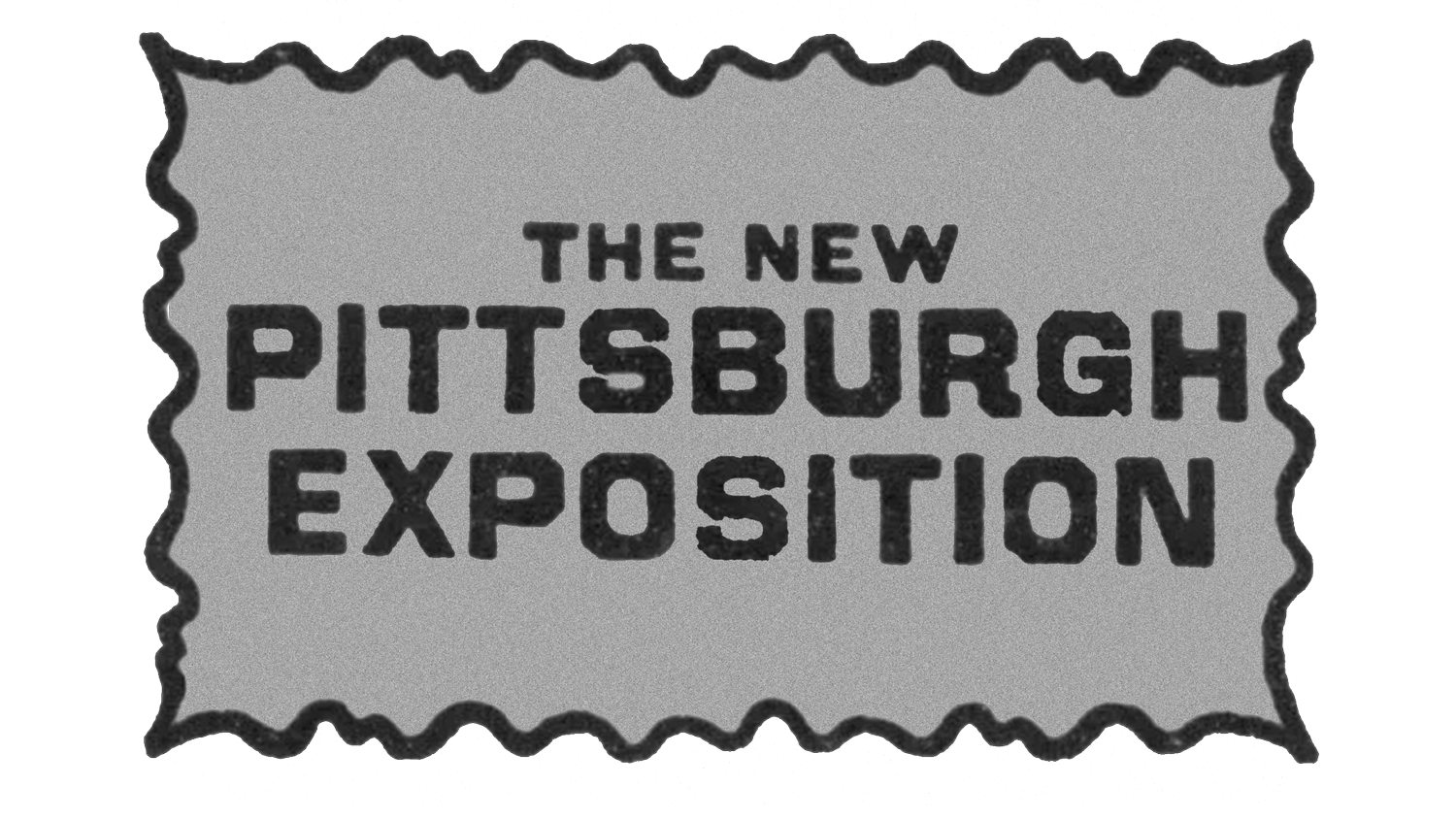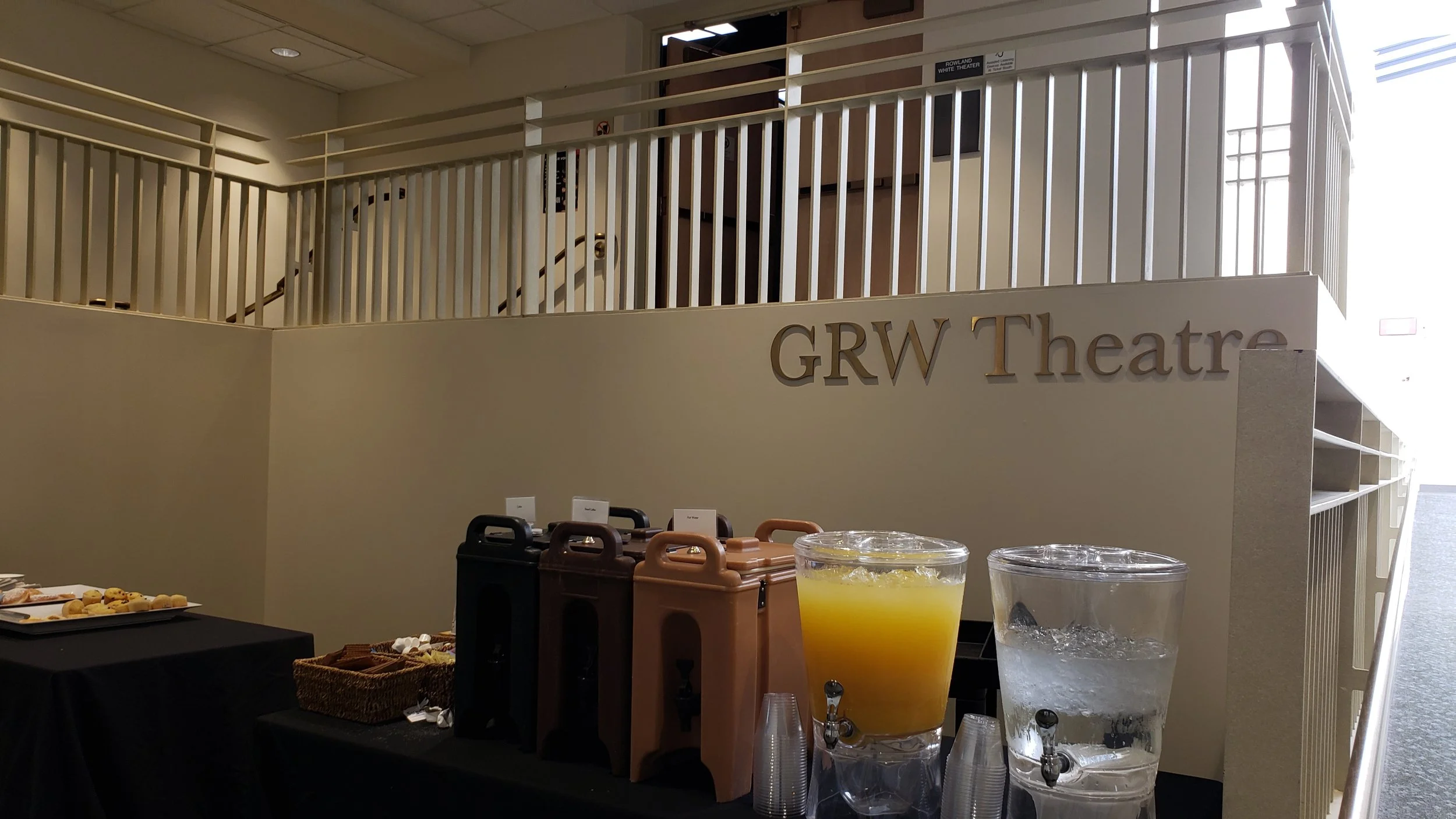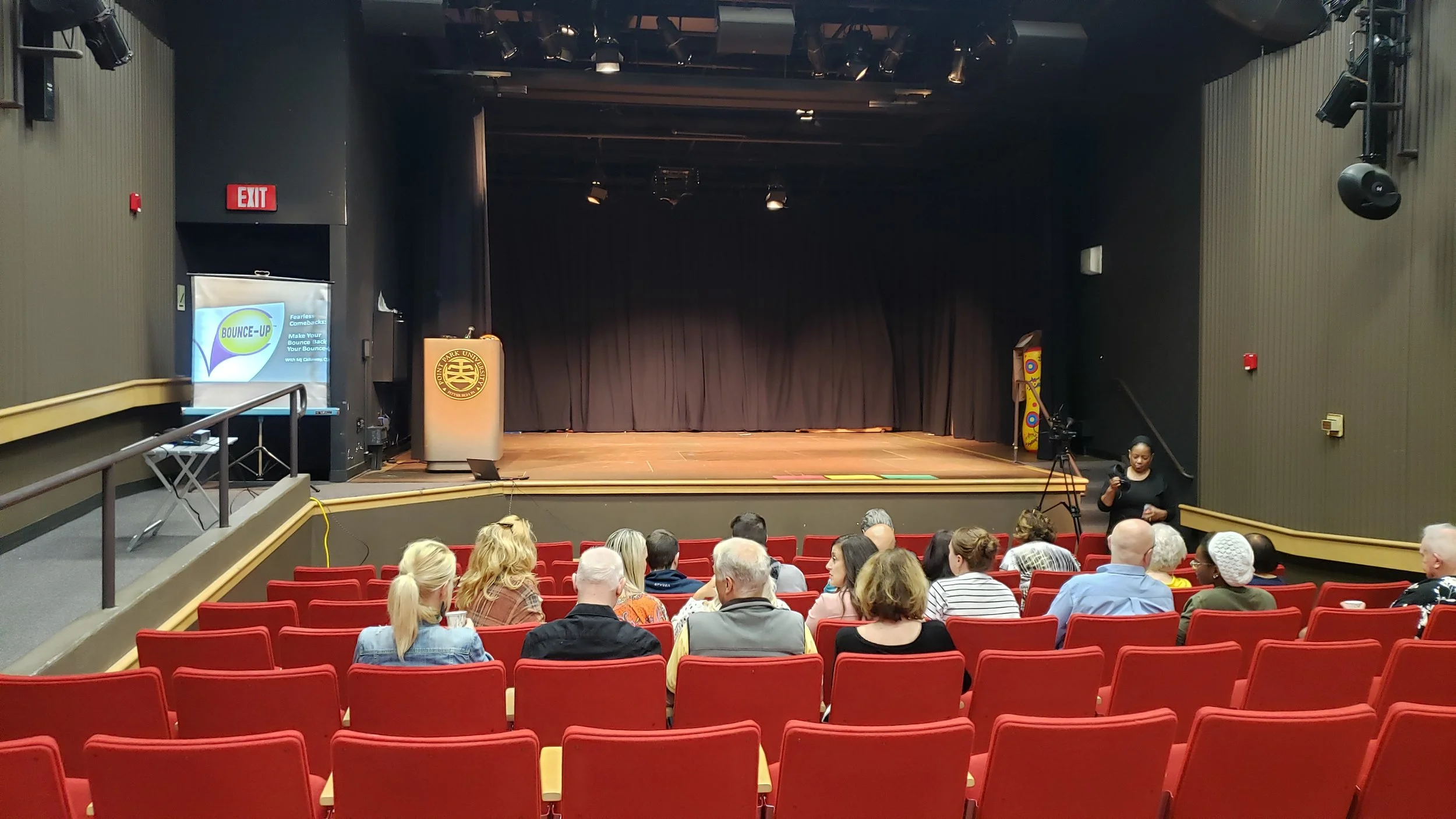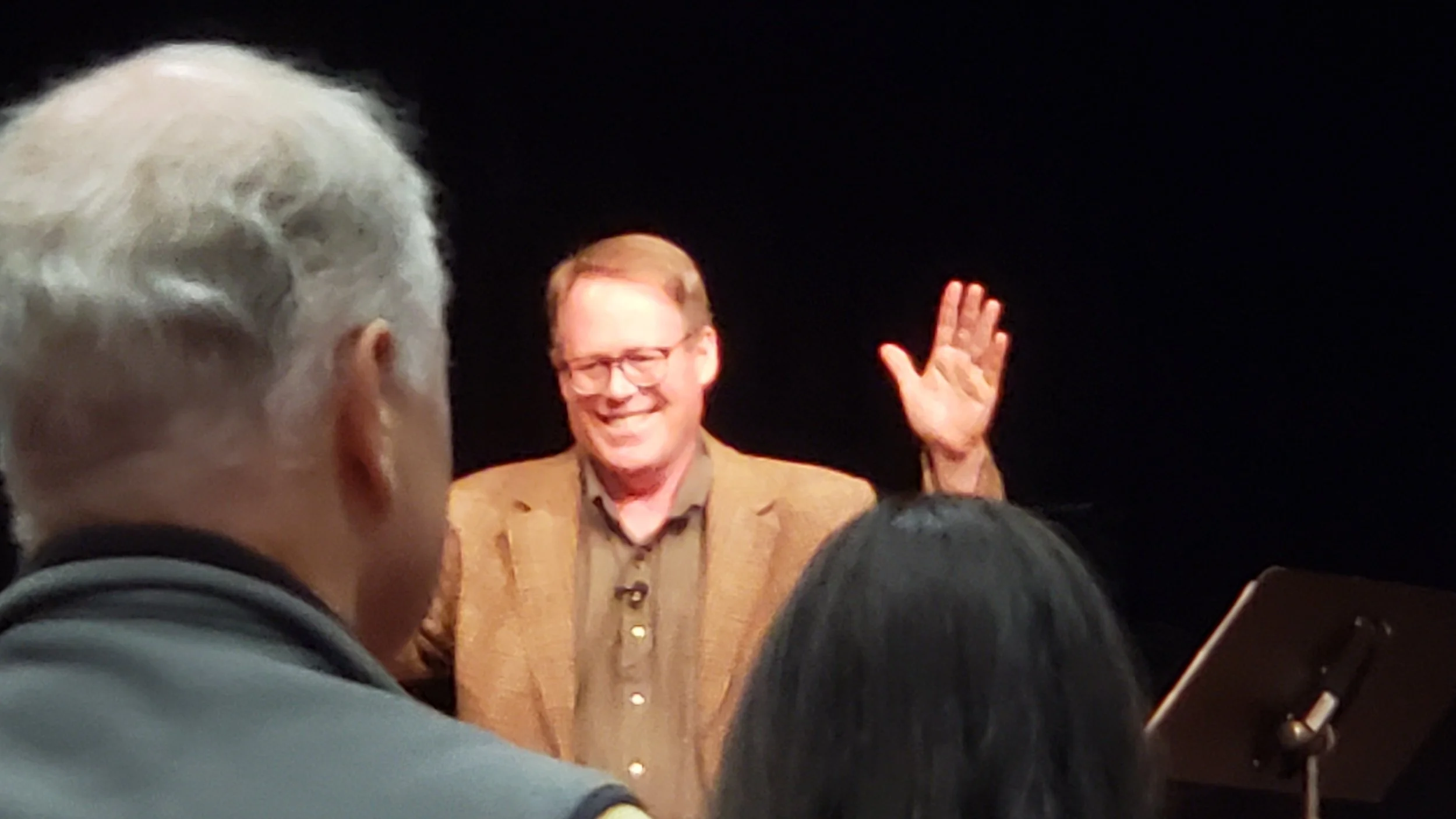Winston Churchill was a Team Player
by Joshua Tarquinio
I googled, “what’s happening in Pittsburgh this weekend,” and came across an event named Pittsburgh Speaker Showcase: Joe Coohill, “Winston Churchill Myths and Realities.” The event description read, Come listen to great speakers give TedTalk-like presentations!
“Cool,” I thought. “This is up PGH Museums’ alley. It’s history, it’s free, and I don’t even have to walk around.”
The event took place at 9 a.m. on a Saturday, not exactly prime history lecture time for anyone under retirement age. At Point Park University’s GRW Theater in Downtown, I expected an audience of me and a handful of elderly academics scattered among red rows dimly lit by the reflection of dull stage lights, with a tweed-jacketed historian who put his entire script on his PowerPoint slides droning until noon behind a podium, and he’d somehow find a way to speak so softly that even the microphone would struggle until he took a sip of water, at which point the squelch of his cartoonishly loud swallow would startle the sleeping geezer two rows ahead of me into briefly remembering where he was before drifting back to an infinitely preferable dreamland.
The morning was cool and a little damp. Parking was predictably easy. The streets, still waking up.
Inside, the theater was more modern than I had expected, with clean seats, pristine carpet and white lighting. A mixed audience of about thirty gathered somewhat loosely in the first five rows until they were directed to bunch together. Behind the tenth row was a break in which stood two cameras. I sat beneath the lenses but didn’t join the general audience. A well-dressed man, who I didn’t realize at the time was one of the speakers, asked me to remove my hat since they were going to be shooting corporate videos. Perplexed, wondering if I had the right place, I complied and started taking my notes.
At 9 o’clock, the host took the stage and informed the audience that the purpose of the gathering was for the speakers to get material for their demo reels. I had incorrectly assumed the event description was a generic one they used for each event, as in: Come listen to speakers give TedTalk-like presentations. This week’s lecture by Joe Coohill. Then the next time they craft an announcement, they only need to change the speaker’s name. But okay, whatever. Multiple speakers would keep things interesting.
Demo reels are how speakers get jobs, so the audience was asked to exaggerate its reactions to present the illusion of a bigger, more lively audience. I felt like the event announcement was a little bit deceptive, but I probably wouldn’t have attended had they told the whole truth. So they got a free audience, we got free refreshments and education. The least we could do was laugh, and applaud, and nod our heads, and volunteer, and give standing ovations at the end.
I’ve seen a lot of corporate speakers and don’t care much for the cut of their jib. Nine in the morning is too early for somebody to be shouting positivity at me despite the utility of a microphone. Nobody is that energetic at that time of day. It’s Uncanny Valley territory—not quite real, and off just enough to be unsettling.
There are two approaches to a motivational corporate presentation: metaphor or example. One orator will come out juggling beanbags and say something to the effect of, “Teamwork is a lot like this!” Another will tell the story of how they personally beat cancer while climbing a mountain and that’s how they know you can, (say it with me), “achieve anything you set your mind to.” No matter which approach they choose, or how engaging or entertaining they may be, just knowing they’re being paid by Company X flags the whole thing in my brain as propaganda. Maybe I’m a cynic. Maybe I’ve got a lot of good reasons.
The first speaker in the GRW Theater gave one of those way-too-peppy-for-me corporate talks using the metaphor approach to convey the Stoic philosophical tenet of, “Make the best of what you have.” I didn’t pay to hear the presentation though. Nor did my management force me to make breakfast small talk with coworkers at one of a hundred crowded tables in a super-spreader hotel ballroom before having to listen to the speech. And it was short. Ten minutes, I think. Felt like fifteen though.
The second speaker was historian, host of the Professor Buzzkill podcast, and whole reason I drove downtown from Beaver County on an early Saturday morning, Dr. Joseph Coohill. He gave a corporate talk like everybody else but ensconced it so well in interesting history that I didn’t realize I’d been hoodwinked until I sat down to write this article. The professor is plainly at home in front of an audience. There aren’t many professional public speakers who are uncomfortable in front of a crowd. All the speakers that day were secure on stage, but Coohill was the only one who seemed to connect to the audience. The others delivered to a crowd. The professor delivered as if the audience were one person, which has an engaging and comfortable effect. The fascinating content helped too.
The Myths and Realities I set my alarm to hear hinged on our perceived individualism of Winston Churchill—the Prime Minister who was a genius orator and led the British fight in World War 2 and did it all by himself without any help from anybody else. Pardon my French, but it’s all poppycock. Even most of the quotes attributed to the great leader are either balderdash or were already cliches by the time he borrowed them.
The point of Professor Coohill’s talk was that this deified man was made great by collaborative effort in all things. Churchill took a ton of input on his speeches, didn’t have executive powers like the United States President, and major policies, strategies, and decisions came from the military and government officials. The figurehead was a team player.
Dr. Joseph Coohill, aka Professor Buzzkill
Coohill elaborated that the lone genius/hero is so rare that if one is found or made, it’s likely by accident. The most successful and most heroic throughout history have always relied on teamwork.
That’s a great corporate talk in its own right, but it got me thinking about the pervasive romantic myth of rugged individualism in the United States right now. When talking about our country’s obstacles, the 45th President was the first US President to utter, “I alone can fix it.” Supposed news organizations in this country are fending off notions of teamwork on the vestigial Red Scare grounds of suh-suh-suh-socialism. People are digging in their heels against policies that would help others because they believe success and failure fall 100% on the individual’s shoulders despite study after report after finding that the figure is not fact.
There I was in a roomful of people gathered to see some free talks, but also to help a handful of speakers build their resources to get gigs. Afterward, I stepped out onto the concrete sidewalk—paid for by taxes and laid by a crew—in the middle of downtown Pittsburgh—definitely not built by one man. I love looking at skyscrapers. The enormous buildings always make me think about all the tiny little humans who built them. Teams and teams of people working together. Every superstructure is a cry of, “Look what we can do!”
Historians are so hot right now. If you like Mythbusters but wish it could be more about history than science, you’re going to want to check out Dr. Coohill on his Professor Buzzkill podcast.
Joshua Tarquinio is an author and the co-creator of the Mr. Bones arts and entertainment video magazine. He has been working in media production since 2006.
More from Joshua Tarquinio:







The music was sublime, a mix of classical, jazz, and some styles I’m not even sure have names. All of it brilliant. None of it too heady to enjoy. If you weren’t there, you missed something special.